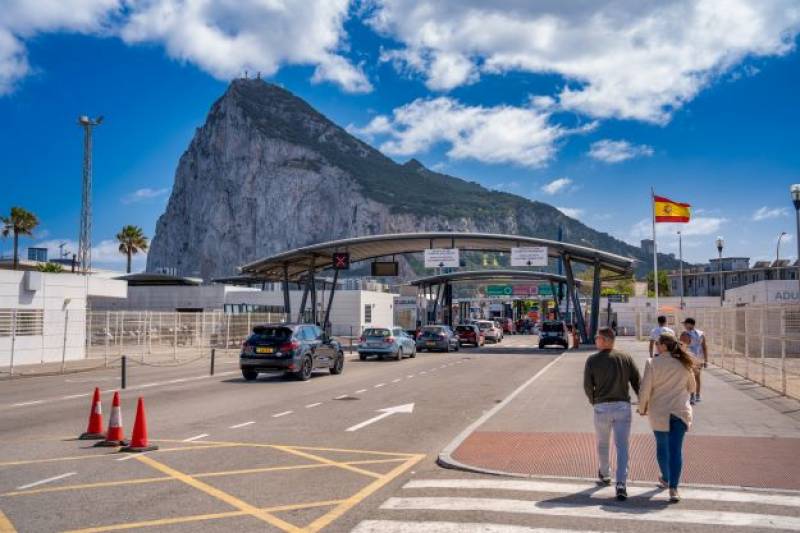Date Published: 17/12/2024
Spain granted power to suspend Gibraltar border security system
New border rules to be phased in, with temporary suspensions allowed for technical issues
The European Commission (EC) is preparing a new regulation to introduce the
Schengen Area Entry-Exit System (EES) at Gibraltar’s border with
Spain’s La Línea de la Concepción, with a phased roll-out planned. The system, aimed at strengthening border security, will apply to all non-EU travellers, including Gibraltarians and British nationals, entering Spain.
If no treaty is agreed on Gibraltar’s post-Brexit relationship with the European Union, the new system will gradually come into force at the border. Importantly, the regulation allows Spain to suspend the system temporarily if technical issues arise, such as system failures, infrastructure breakdowns or significant delays for travellers.
The EES will, for the first time, collect biometric data, including fingerprints and facial images, from third-country nationals crossing external Schengen borders. It will also record personal details, travel history and information about compliance with short-stay rules. The EC states that the system “will significantly reduce identity fraud and overstays, ultimately strengthening the security of the Schengen area”.
Spain will have six months to implement the system once the EC approves the regulation and sets a date for deployment. The SES was originally planned to launch in November 2024 but has been postponed due to delays in countries like France, Germany and the Netherlands. The EC is now in favour of a
phased approach to introducing the system.
Under the new rules, non-EU travellers, including Gibraltarians, will need to meet the requirements of the Schengen Borders Code. These include holding a valid passport, issued within the last 10 years and valid for at least three months beyond their intended departure. Travellers must also justify the purpose of their visit, provide evidence of sufficient financial means for their stay, and ensure they have not exceeded the 90-day limit within a 180-day period.
The EC highlights that the system will modernise border management, improving efficiency while reducing fraud risks. Spain, like other member states, will initially register 10% of crossings at the Gibraltar border before reaching full registration by the end of the phased roll-out.
Once adopted by the European Parliament and the Council, the EES will enter into force, giving Spain and other countries time to adapt. Spain will also be required to communicate all changes effectively to travellers and transport providers to ensure a smooth transition.
article_detail

|












